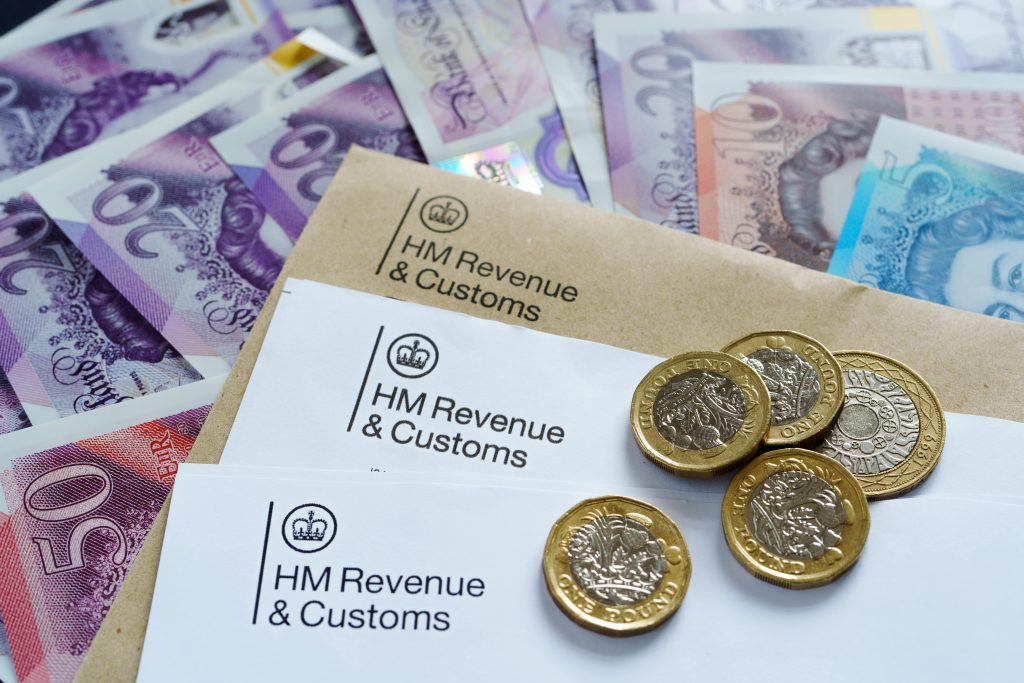2016 was an eventful year, with the UK’s vote to leave the European Union and election of a new US president meaning many businesses are facing uncertainty when it comes to making international trading forecasts for the year ahead.
Despite this, the Office for Budget Responsibility expects UK exports to hit the ?850bn mark by 2020; a figure that looks even more exceptional when considering UK trade with EU and non-EU countries was just £224bn at the turn of the decade.
But to navigate international?trading effectively, there is a lot to consider. When working with international clients and companies, it’s not just about securing the biggest and best deals for your business, you also need to know how to get paid and who you’re doing business with.
While clearly there are a vast number of factors that UK businesses should take into consideration before starting international trading, one particularly critical aspect is making sure that you get paid and set realistic expectations.
We advise that all businesses carry out the same thorough checks they would make when trading at home with all of the potential companies they will be working with abroad.
Whoever you choose to do business with, here are some crucial steps to take to help insulate your business against the associated issues of late payments and make trading overseas as simple as doing business at home.
Step one of international trading Know who you’re dealing with
Companies taking the first steps to doing business overseas will reduce their exposure to risk by being as well informed as possible about the customers and suppliers they are dealing with. Carrying out a credit check on every business before starting a relationship with them can significantly reduce the risk involved as you will know if the company is solvent and not part of a failing parent group.
There is a common misconception that international credit reports are not as affordable or robust as domestic ones. However, credit information providers have expanded the scope of cost-effective reports, so that UK businesses trading abroad have information on companies from across the world.
If you haven?t previously credit checked your customer, do it now. Firstly, check that they are who they say they are, then check their payment behaviour to find out how well they are paying their suppliers.
This information as well as their company credit score will help you decide whether to trade with the business, or to help set payment terms and methods accordingly to ensure your business is not affected negatively by potential late payments.
Step two?of international trading Monitor payment behaviour
One of the most important things to take note of on a company credit report is a company’s payment behaviour. If they consistently pay their suppliers late or can’t afford to pay their bills, it could affect your business.
Getting hit by a late payment can be damaging for a company, especially if they aren?t expecting it. Setting due diligence in place, such as consistently monitoring a customer’s credit score throughout the duration of your business relationship, can help reduce your chances of being stung.
Step three of international trading Overcome cultural barriers
Make sure you understand the culture of the country you are going to be trading with or in first. They may have different guidelines or beliefs to more Westernised countries and certain guidelines may need to be followed. Beyond the basic language barrier, exporting directly typically involves wading through varying levels of taxes and tariffs, as well as different currencies and banking practices.
Step four?of international trading Build meaningful relationships
You can never have too many good relationships. When you start to trade overseas, ensure that you take the time to form solid relationships with your customers, suppliers and traders, just as you would with your business partners at home.
Step five of international trading Use technology to your advantage
Technology can help businesses to build a 360-degree view of their debtors. Modern online business information systems can allow companies to check all the financials, payment habits and payment trends of the businesses they deal with at the click of a button wherever they are in the world.
Rachel Mainwaring is operations director at company report service Creditsafe
Image: Shutterstock























































































































































